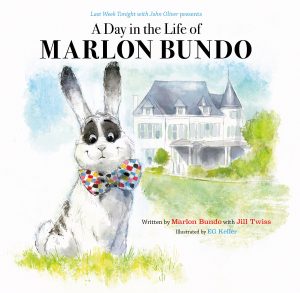Banned Books Week 2020: Banned Books We Read
Participants read 2-3 minute excerpts from diverse banned, challenged, or otherwise censored books on September 30th, at a virtual banned books “read-in” hosted by the Student College, Academic, and Research Libraries Association (SCARLA) and the Library and Information Science Student Association (LISSA), also co-sponsored by New Brunswick Libraries.
The following titles represent the diversity of books banned for various reasons, noted in the legend for each, over time in the United States and elsewhere in the world. Click on the image to access the title either from Rutgers University Libraries (RU-restricted) or WorldCat to find a copy in a library nearby.








Top 10 Most Challenged Books in 2019 (from ALA Banned Books Week)